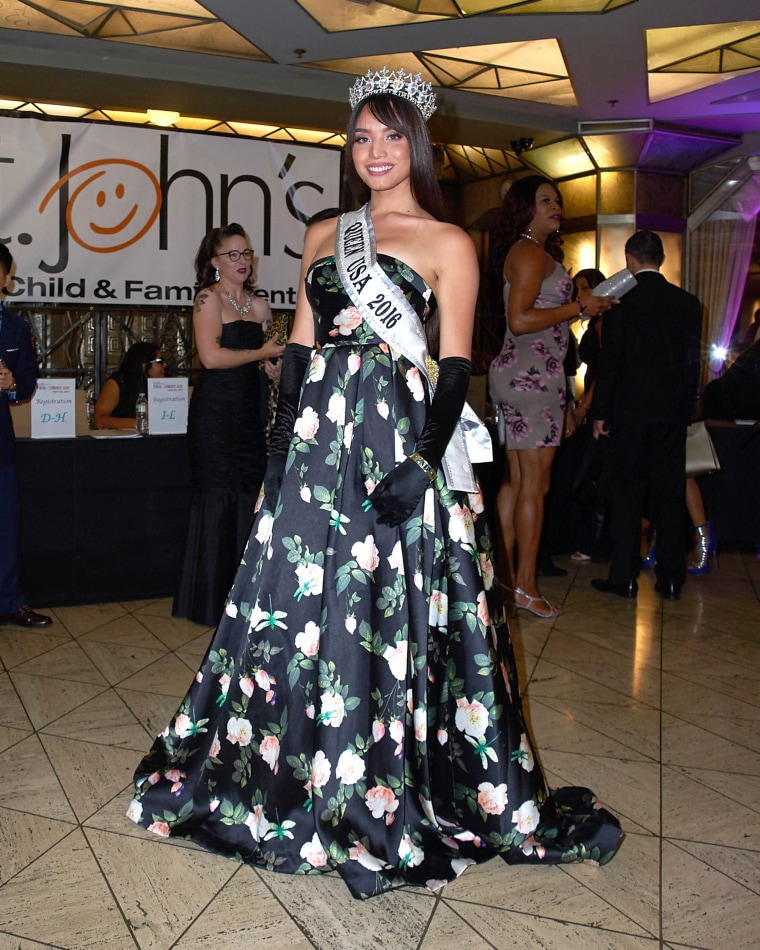Marin’s Spahr Center Needs Volunteers
| The Spahr Center saves lives through many of its HIV and LGBTQ programs Not the least of these essential services is our Harm Reduction Program, which works to prevent HIV and hepatitis C infections among people who use drugs by providing sterile syringes to people who use drugs in order to prevent HIV and hepatitis, distributes Naloxone to prevent opioid related overdoses, and links our clients to medical care and social services. We are looking for people who refuse to look the other way as overdose and disease transmission impact the lives of our Marin neighbors. The Harm Reduction movement understands that illicit substance use is harmful and wants people to be safe until they are ready to quit. If you want to get involved in the solution to a complex set of problems, we can offer you a positive opportunity. As more people come to realize that the war on drugs has been a crime against humanity, our army of harm reductionists is rising up to say that mass incarceration is not the answer to homelessness and drug dependence. We believe that respecting a person’s self-determination and recognizing their equality as citizens is a better approach. We believe that science and data and compassion and treatment are much better roads forward. This week our President issued a supportive statement and funding for Harm Reduction activities – the first endorsement and funding of its kind! Please consider joining our small corps of volunteers and Peer2Peer Advocates at The Spahr Center’s Syringe Access Program. We have opportunities daytime or evening for two hour shifts at our sites. For a few hours a week, you can help us in the office preparing supplies Click the link below. If you can help us recruit, please pass this email along to ensure that our harm reduction services remain free and available for everyone. VOLUNTEER OR GET MORE INFO |
| Sincerely,Andy FyneThe Spahr Centerthespahrcenter.org |
